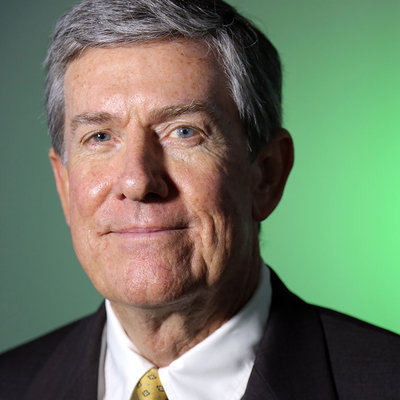Students, faculty and staff at the University of Oregon have the right to conduct controversial scholarship and teaching or hold contentious public positions, according to the University Senate, a body made up of faculty, students and staff that is a partner in the shared governance of the UO.
In early April the senate body unanimously passed an Academic Freedom Policy. Professor Michael Dreiling, the president of the UO’s newly formed union, United Academics, says that this policy would help to unlock “the greatest potential” that the UO has to offer.
“[The policy] will have national significance. It will build and boost morale around faculty, students and staff at the University of Oregon,” Dreiling says.
University President Michael Gottfredson, whose team is now reviewing the language, has yet to sign the policy into effect. A statement released to EW by UO’s director of communications, Julie Brown, says, “The UO has a long, proud history of protecting academic freedom and freedom of speech, and President Gottfredson wants to ensure the policy meets his goal of ensuring the strongest protections for academic freedom possible.”
The senate policy came about after months of negotiation about a statement on academic freedom in the faculty union contract. The proposed policy goes beyond what is in the contract. It gives free-speech protections that “shall be exercised without fear of institutional reprisal” not only to faculty members but also to students and non-faculty employees in the areas of research, teaching, shared governance and public service.
Under the UO Constitution, the president has 60 days from the time the policy was passed to make a decision, whether that means signing, vetoing or amending the policy. If the president fails to do so, come fall of next year, faculty assembly will meet to discuss the issue.
“[If the policy isn’t signed] it would raise a lot of questions about the administration’s commitment about shared governance,” Dreiling says.
The purpose of this policy is to prevent any changes during the transition of the Institutional Board. “We’re not going out on a limb with this,” Dreling says.
President Gottfredson has until June 9 to decide what to do with the policy.
